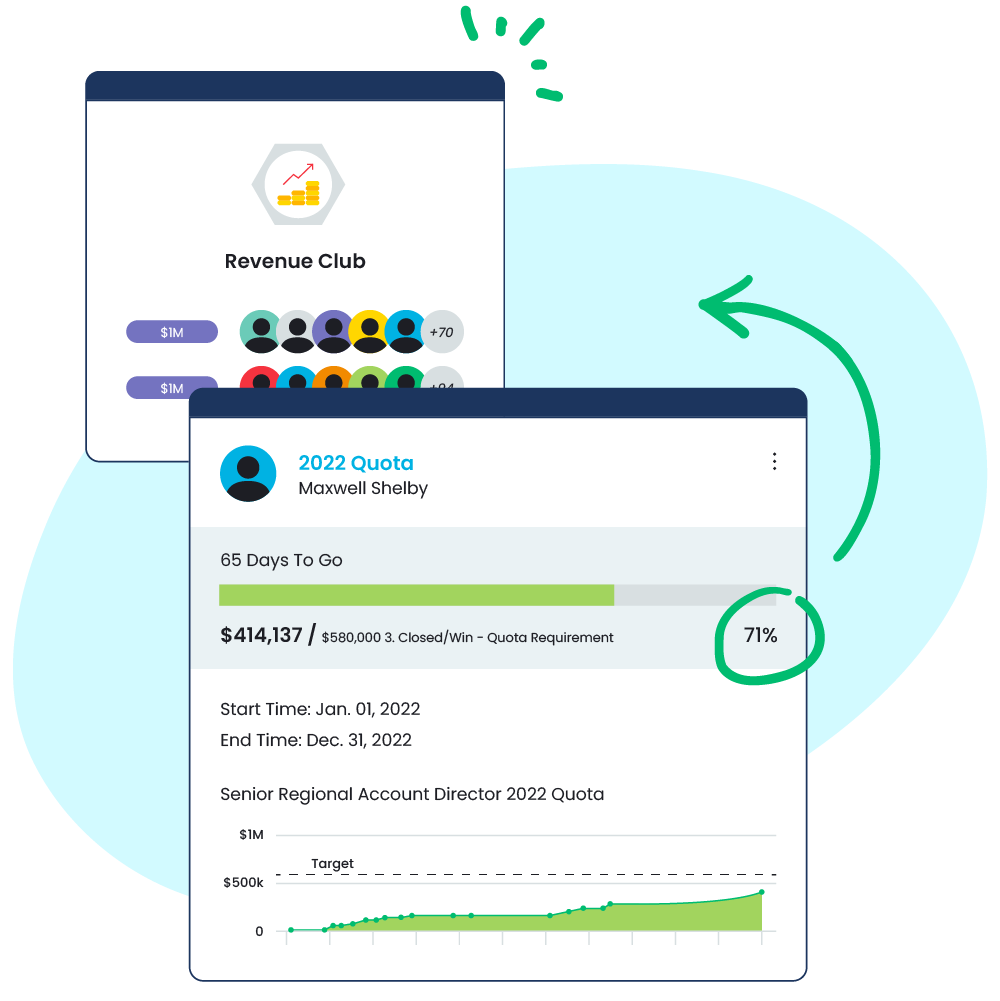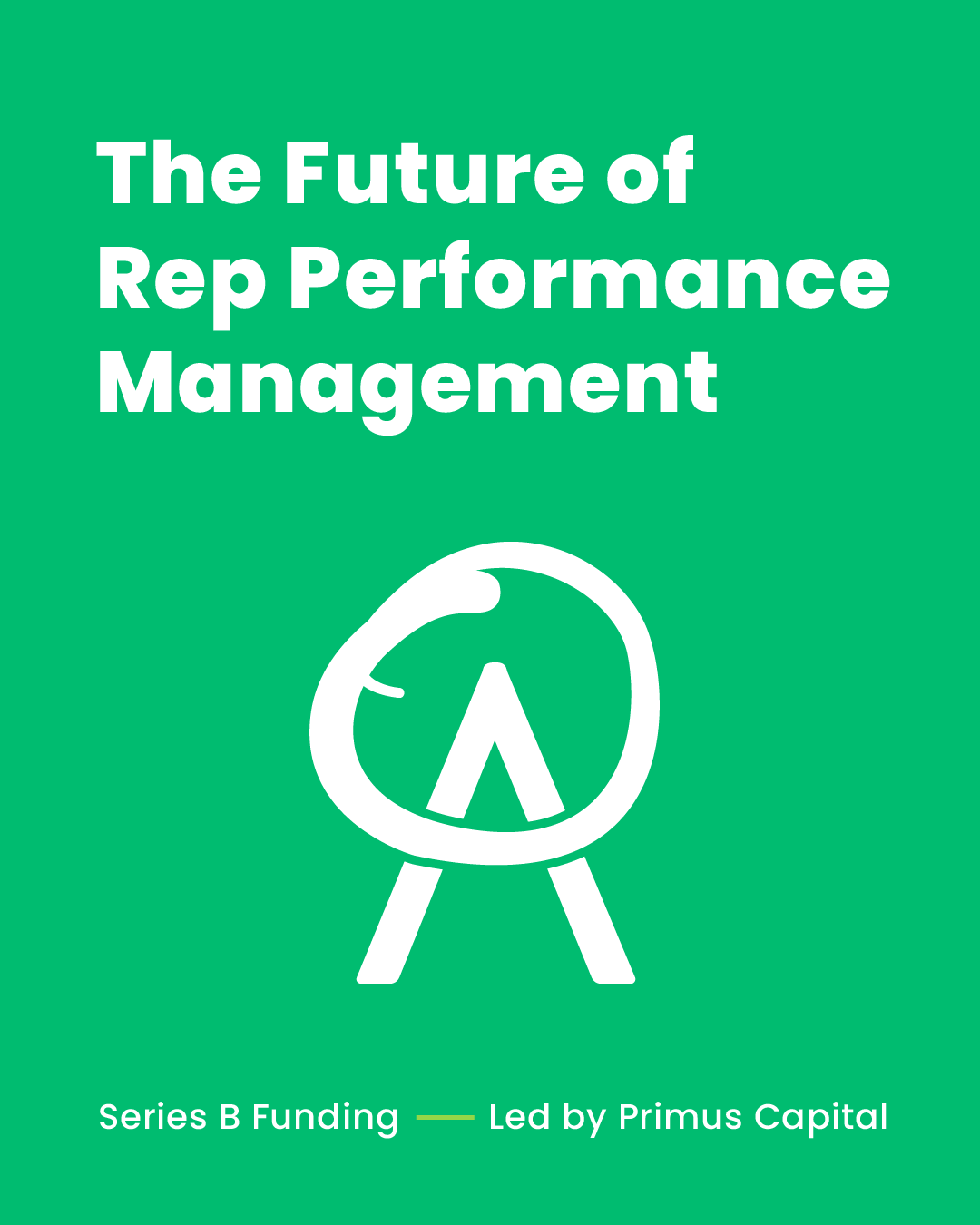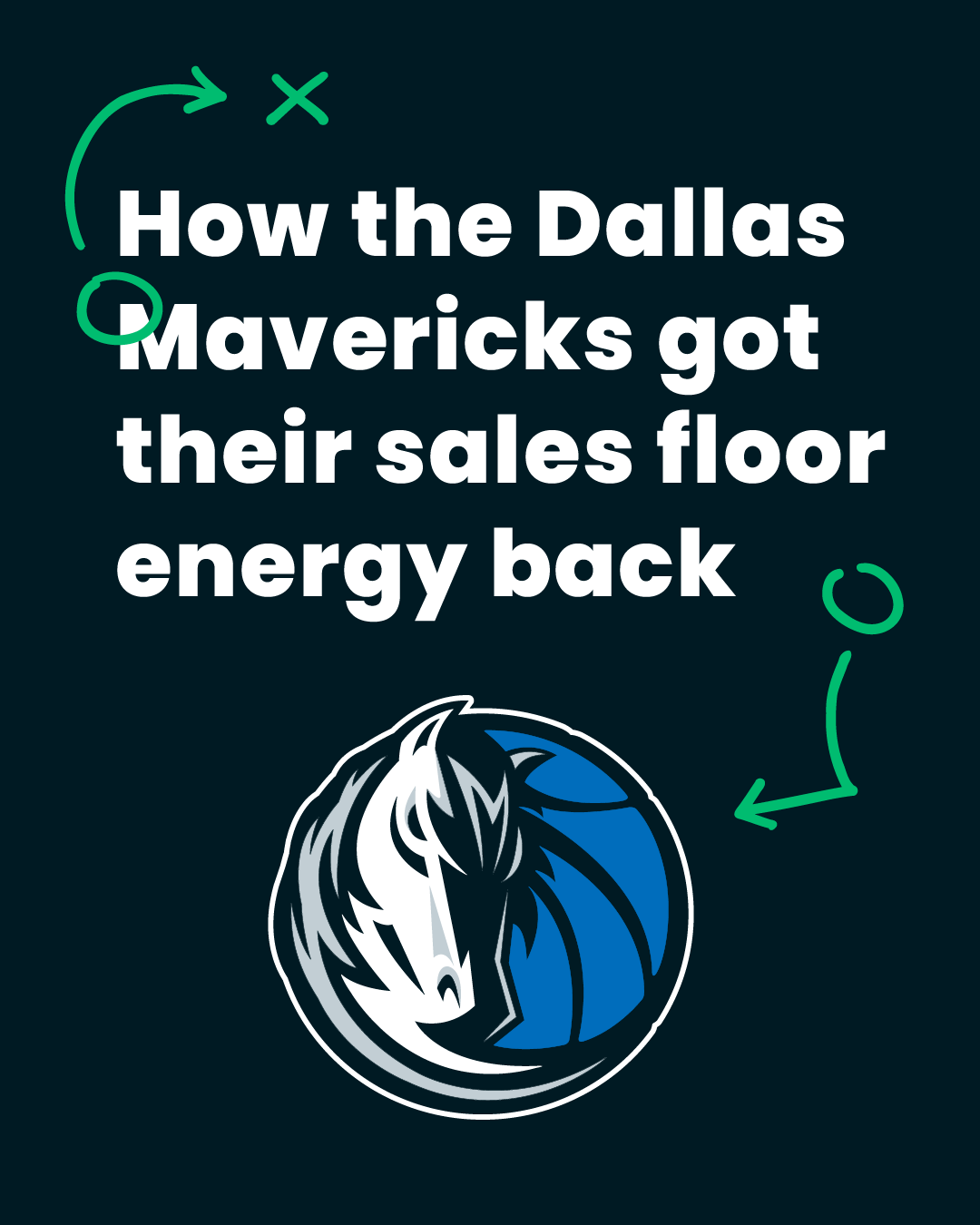Sales Rep Software
Sales Rep Software
Companies have a variety of tools and resources available to them that can improve their sales teams’ performance. Many of these are software tools that are designed to help sales leaders get the best out of their teams. There are various types of sales rep software that are each built to serve a different purpose, such as managing and tracking sales activities, sharing goals, coaching and training, and more. The right tools for a given sales team will depend on their particular strengths and weaknesses and the particular goals they are trying to achieve.
One type of sales rep software is sales coaching software. This software can provide a way for managers to conduct training sessions in a variety of formats including one-on-one sessions and team sessions. Managers can also keep track of the effect the coaching sessions have on their sales team’s performance. One advantage of sales rep software designed for coaching purposes is that it can provide an easy way for sales leaders to create structured coaching programs.
Gamification software is another type of sales rep software that can improve sales teams’ productivity. Gamification can be an effective way to motivate a sales team to meet their full potential. Sales rep software for gamification can be used to create many different kinds of contests, leaderboards, awards, and more. Implementing gamification software has the potential to engage sales teams and incentivize them to achieve better results.
Another type of sales rep software is goal management software. Sales leaders can utilize this type of software to track progress toward goals and identify the actions that are driving that progress. This could help sales teams create a roadmap of steps that lead to successful outcomes. Goal management software can allow sales managers to envision a cause and effect relationship between their sales teams’ actions and their results in the interest of determining which actions yield the best results.
An Executive Analysis
How Sales Coaching Impacts Key Business Metrics

Sales Tracking System
There is also software that can help sales teams track sales metrics. Getting a clear picture of sales activities and sales data can be useful for determining where the sales team’s strengths and weaknesses lie, as well as which strategies are working and which are not. Access to sales metrics can give sales teams a better understanding of what is working, what is not working, and how the process can be improved to get better results.
A sales tracking system can help sales teams track their performance metrics. Sales managers can use sales dashboard software to track sales data and use that sales data to inform their team’s strategy. The insights gained from reviewing sales metrics can be translated into more efficient sales strategies and a more effective sales team. A sales rep tracking app can enable sales leaders to make smarter sales strategy decisions and create tangible improvement.
A sales tracking system can also make it easy for sales leaders to see all their team’s sales metrics in one place by integrating multiple data sources. The ability to see sales metrics all together on one central dashboard could make it easier for sales teams to interpret the data and use it to make steps toward improvement. The best sales tracking app can provide a user-friendly dashboard that enables sales leaders to easily access and understand sales metrics in a way that can inform efforts toward better sales performance.
A sales rep tracking app can track many different sales metrics, including calls dialed, inbound calls received, Emails sent, meetings set, won and lost opportunities, average order value, and more. A sales tracking system could be customized to track the particular metrics that are of greatest use to each sales team individually. For example, a sales team could use a sales metrics dashboard to track calls, emails, or meetings over time to reveal trends in the data.
Field Sales Management Software
Field sales management software is especially beneficial in a work-from-anywhere world. If a sales rep is at a client’s location, the tools they can access might be more limited than when in the office. The right software can help both in-office and remote sales reps book more meetings and close more deals.
Field sales management software can be more effective than field sales CRM because CRMs are designed for managing customers, not managing sales reps. Field sales management software can be a valuable tool for sales reps who work remotely.
Sales managers can use a sales management cloud to provide important alerts. They can receive notifications that tell them when important goals are reached and when issues arise that need addressing. This might allow sales managers to prioritize their attention more effectively.
Sales management software can help all types of sales teams get better results, including outbound and inbound sales teams. Software that focuses on aspects of sales management such as insights, coaching, and gamification can allow sales managers to improve their sales strategies and drive performance.
Outbound sales teams can use sales performance management software to dial more calls and send more emails. Not only that, but software could also help them convert more of those calls and emails into meetings and sales.
Sales managers can use alerts to keep track of the deals that sales team members are closing. Field sales management can be made easier too with sales management software. Each part of the sales team can benefit from the tools that sales performance management software provides.
Sales Apps
There are many different kinds of sales software, like sales rep ordering systems. Some of the best sales apps have features that can help a sales team increase their organization and productivity. Different sales apps solve different problems that a sales team might encounter. While sales reps working in the office have a particular set of problems they may face, the problems faced by remote sales reps probably look very different. A mobile sales app might be the best solution for sales reps who work remotely or do a lot of traveling to meet with clients.
A mobile sales app could be useful when a sales rep is not in the office. When a sales rep needs to work remotely or go to a client’s location, they will likely need access to some of the same sales tools they have in the office. A mobile sales app could be a solution that allows them to utilize sales software on the go.
Sales leaders can use sales apps to improve their sales teams’ productivity. Using gamification features like contests or leaderboards can help sales teams stay motivated. Sales apps could allow sales leaders to display leaderboards where the whole sales team can see them, even if not everyone works in the same location. A mobile sales app could enable sales teams to stay connected even when team members need to work remotely or in the field.
Sales apps can benefit all kinds of sales teams, whether they are working remotely or in-person. Sales managers could use a mobile sales app to manage sales teams from one central platform, allowing greater flexibility and mobility for the team without sacrificing the ability to monitor progress and access resources. If a sales team’s remote work capabilities are suffering, implementing a mobile sales app might be a viable solution.
Sales Rep Tracking Software
Some sales rep tracking software is designed to track the performance of individual sales reps. This kind of software is not the same as other software tools that can be used to track sales metrics. The ability to track sales metrics is an important aspect of many types of sales software, like a B2B sales app or tools for field sales. Sales metrics are important because they allow sales team leaders to identify where their strategies are working and where they are failing. Without this insight, it is much more difficult to make the strategy adjustments necessary to improve performance.
There are many kinds of sales software tools, such as sales routing software. One of the most important types of sales software is sales dashboard software. This type of software can provide an easy way for sales leaders to track important metrics regarding the performance of their sales teams. The ability to track these metrics can enable sales team managers to inform strategy decisions with data. Trends in the sales data can indicate how a sales team should approach their next steps. Software that provides a way for sales leaders to efficiently track and analyze sales metrics can make it easier to leverage metrics into increased productivity.
Efficiency metrics can sometimes be the most efficient method of tracking performance. These metrics can provide sales managers with a better indication of which sales reps are performing best based on the opportunities they are being given. Having access to efficiency metrics could help sales leaders understand their sales teams better and identify which sales reps are being underutilized. Efficiency metrics could also improve field sales optimization by helping sales leaders gauge sales reps’ performance whether they are in the office, out with a client, or working remotely.



